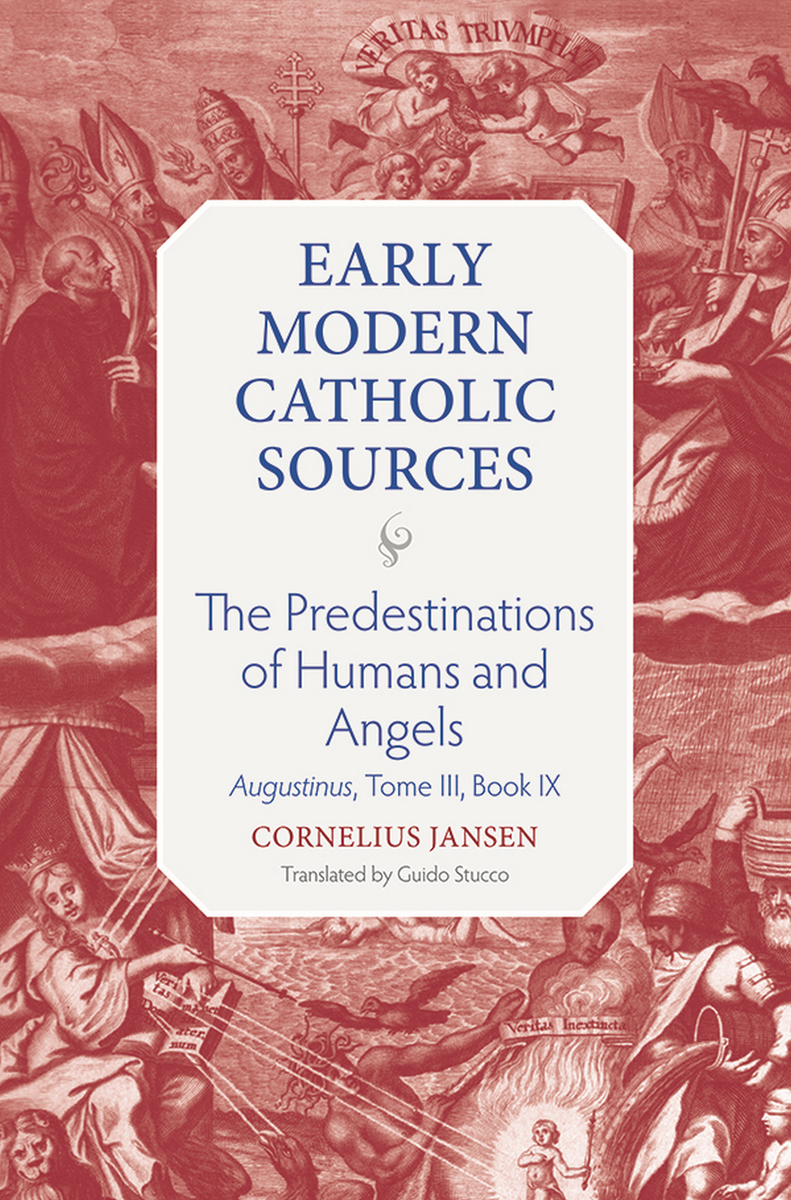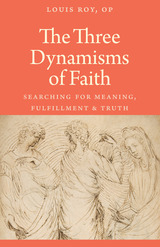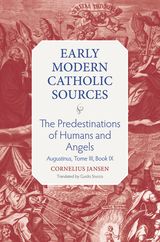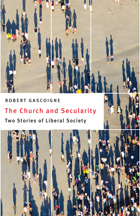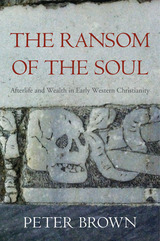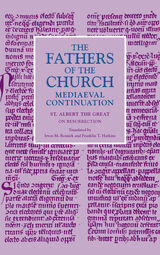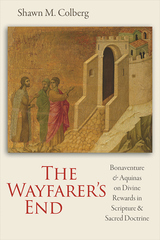Contents
Translator’s Introduction by Guido Stucco
Tome III, Book IX, of the Augustinus
Preface
One. Predestination is God’s eternal decree through which he acts in history.
Two. What is predestination concerned with? Grace is the effect of predestination.
Three. What is predestination concerned with? Grace is the effect of predestination (continued).
Four. We should talk about double predestination to life and to death (Council of Valence).
Five. Other words for predestination: election, divine purpose, discernment.
Six. Three erroneous views about predestination: Pelagians’, Semipelagians’, and Manicheans’.
Seven. In what sense does God foresee? a) simple intelligence; b) middle knowledge (incompatible with efficacious grace); c) knowledge of vision (the science of vision). Predestination is not the same as foreknowledge.
Eight. The grace of the Savior rescues us from massa damnata and leads us infallibly to heaven.
Nine. About vocati non secundum propositum: general predestination to goodness. They are justified only apparently, but since they were not predestined they do not persevere.
Ten. The predestination of merits: angels receive predestination as a reward for their merits, though they are not predestined to grace because they do not require it. They freely chose to serve God. This could have been true of Adam and his progeny as we
Eleven. For fallen man, there is a need for predestination to grace.
Twelve. For the angels, there is no predestination, but foreknowledge; in this case, we can speak of merely adjutorium sine quo non.
Thirteen. God rewards angels’ merits.
Fourteen. God rewards them after seeing their merits.
Fifteen. Modern theology has fallen into three errors...
Sixteen. Weak objection by Lessius: not all the people to whom Paul wrote Rom 8:28 must have persevered to the end. This shows that (a) predestination is based on foreseen merits; (b) perseverance depends on our will cooperating with grace. Paul’s use of
Seventeen. God’s grace efficacious and irresistible.
Eighteen. God’s predestination is gratuitous, as the case of infant baptism clearly shows.
Nineteen. Predestination is not based on foreknowledge: God infallibly obtains the intended effects. He rescues some from massa damnata; lessens the power of temptation; defends people against them; accelerates death.
Twenty. God grants faith and love to some, but not final perseverance (this is Augustine’s distinction between vocati and vocati secundum propositum).
Twenty-One. Predestination is based on God’s will and not on foreseen merits.
Twenty-Two. Molina said that God’s foreknowledge comes first. It is absurd, according to Jansenius, to celebrate God’s power only to say that when it comes to human beings he depends on and waits for our will to act. In that case, God does not want but si
Twenty-Three. The great error, and the very origin of the Semipelagian heresy, was that Massilians opposed God’s predestination based on his will: Jansenius says that they saw it as pagan fatum.
Twenty-Four. Lessius uses a text of Augustine to make his point.
Twenty-Five. Why does God predestine some and not others? Various theories say that it depends on man’s will. It is indeed a mystery, though we can be sure that God is fair.
Twenty-Six. Angels are foreknown, men are predestined (because of the Fall).
Augustinus’s Table of Contents
Selected Bibliography
Index
